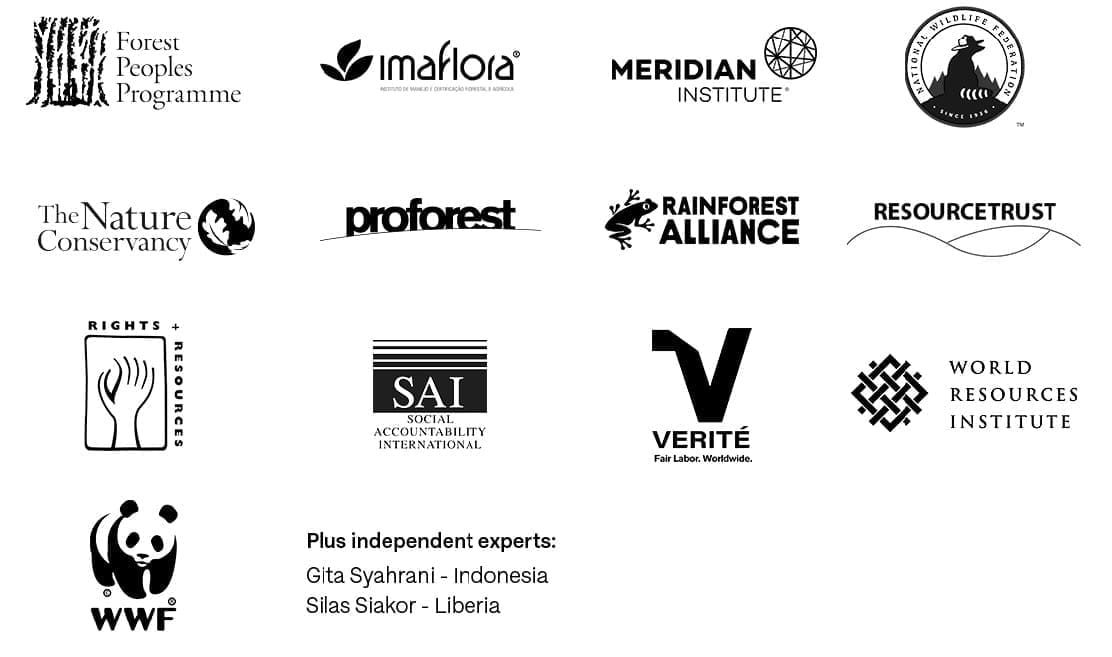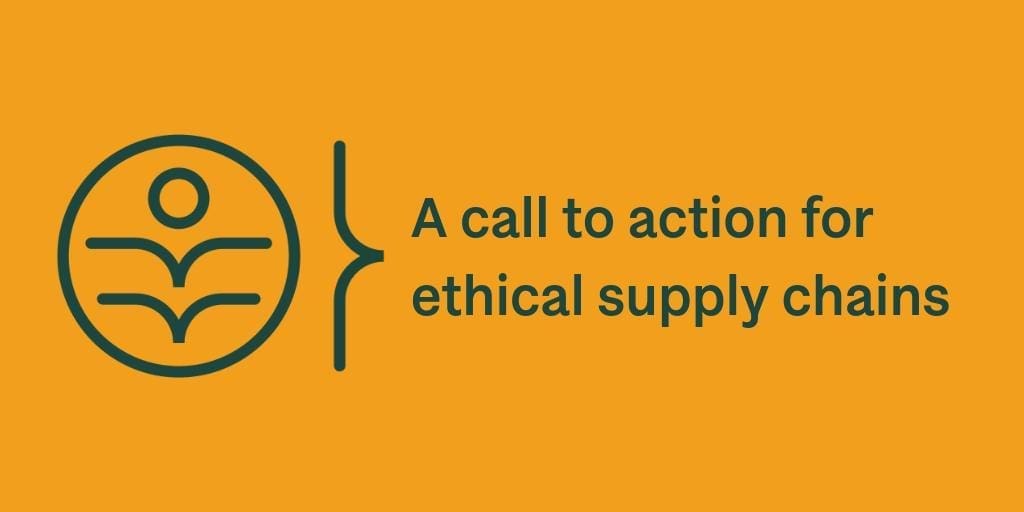*Este blog também está disponível em Português
Leading NGOs call on companies to follow the Accountability Framework to end ecosystem destruction and human rights violations in the production, trade, and finance of beef, palm oil, pulp, timber, soy, and other commodities
In recent years, hundreds of companies have pledged to eliminate deforestation from product supply chains by 2020 and to respect the rights of Indigenous Peoples, local communities, and workers. But with only months left until the deadline, these commitments have yielded disappointing results. Farms and plantations continue to replace forests, grasslands, and wetlands, and human rights abuses remain widespread. While some companies have made progress, most are far from achieving their targets, and many have barely begun the journey.
There is no time to lose if we are to safeguard Earth’s climate, biodiversity, and ecosystems that underpin our food systems. Yet, we continue to lose tropical forests at a rate of 30 football fields every minute, including in the Amazon, Congo Basin, and across Southeast Asia. Commodity production is the largest driver of this destruction of forests and other ecosystems. As the latest IPCC report makes clear, this land conversion accelerates the climate crisis, leading to water scarcity, land degradation, and decreased food security for the world’s growing population. And it is a key reason why species are going extinct at hundreds of times the natural rate. Added to these impacts, low wages, lack of worker protections, and illegal land grabbing threaten the rights and wellbeing of Indigenous Peoples, local communities, and workers.
To prevent further harm to our planet and its residents, companies must take urgent and effective action to achieve ethical supply chains that protect forests and other natural ecosystems and fully respect human rights.
Companies asked for clear and unified guidance on how to do so. The June 2019 launch of the Accountability Framework fulfills this request. The Framework’s principles and guidance provide a clear and practical roadmap to implementing ethical supply chains. Underlying the Framework is the consensus of 15 leading NGOs ‒ representing a unique convergence of environmental and social perspectives ‒ as well as the contributions of hundreds of other organizations, experts, and companies through a two-year consultative process. The Framework complements and helps to align existing definitions, standards, and monitoring tools so that companies can follow a single harmonized approach to manage and report their progress.
With the 2020 deadline drawing near and commodity trade still driving unacceptable environmental and human rights impacts, the time to act is now. We call upon all companies engaged in the production, trade, or finance of agriculture and forest commodities to follow the Accountability Framework to:
- Establish ethical supply chain commitments (or update existing commitments)
- Take effective action to address ecosystem conversion and human rights abuses throughout their entire production base, supply chain, and finance portfolio
- Monitor and report progress to provide transparent information to stakeholders and guide continuous improvement
As NGOs, we stand behind this Framework as our consensus view. We offer it as a practical tool to help companies answer this call to action and we ask that they use it to guide their ethical supply chain journey. Together, we can make ethical supply chains the new normal.
To get started, visit accountability-framework.org
Sincerely,
The Accountability Framework initiative partners


